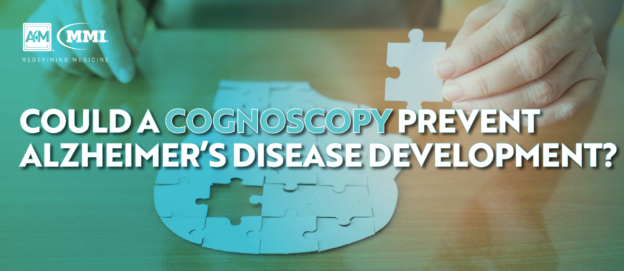Alzheimer’s disease is a complex, multi-faceted condition affecting nearly 47 million people worldwide, with 5.8 million Americans currently living with dementia in 2019. Already one of the leading causes of death in the United Kingdom, the disease is expected to rise to the forefront in the U.S. as heart disease and cancer treatments continue to improve. According to the 2019 Alzheimer’s Disease Facts and Figures report, there has been an increase of 145% in Alzheimer’s related deaths between 2000 and 2017.
An estimated 75 million Americans are predisposed to developing Alzheimer’s disease, and this number is only expected to grow. New research suggests that the development of Alzheimer’s begins 20 or more years before any noticeable symptoms arise, allowing for a substantial window of time for intervention and prevention. With advancing technology and further research, there is potential to decrease the prevalence of Alzheimer’s to a much lower level by interceding at earlier stages than thought possible before.



